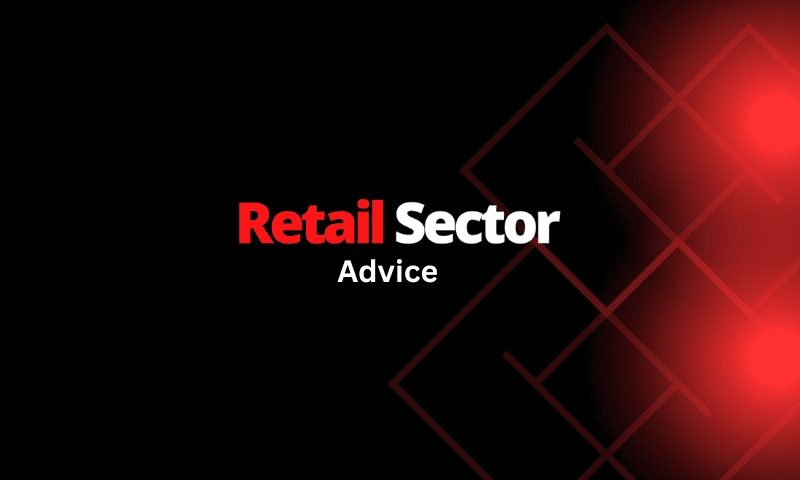A guide to integrating blockchain technology in retail
Blockchain technology, originally developed for cryptocurrencies like Bitcoin, has emerged as a transformative force in various industries, including retail. Its decentralized and secure nature offers a wide range of benefits for retailers, from enhancing supply chain transparency to improving customer trust. In this guide, we'll explore how retailers can effectively integrate blockchain technology into their operations.

1. Supply Chain Transparency and Traceability
Blockchain’s ability to create an immutable ledger of transactions makes it ideal for tracking the movement of products through the supply chain. Retailers can use blockchain to record every step of a product’s journey, from manufacturing to delivery. This transparency helps verify the authenticity of products, identify inefficiencies, and combat counterfeit goods.
Implementation Tip: Collaborate with suppliers and logistics partners to establish a blockchain-based supply chain system. Use smart contracts to automate processes and trigger alerts in case of discrepancies.
2. Product Authentication
Counterfeit products pose a significant challenge for retailers and consumers alike. Blockchain can be used to verify the authenticity of products. Each item can be assigned a unique digital signature or QR code, which consumers can scan to access the product’s blockchain record. This record will confirm the product’s origin and legitimacy.
Implementation Tip: Partner with blockchain solution providers specializing in product authentication. Educate consumers on how to verify product authenticity through blockchain.
3. Enhanced Customer Loyalty
Blockchain can be leveraged to create loyalty programs with digital tokens or cryptocurrencies. These tokens can be awarded to customers for purchases or other interactions with the brand. Customers can then use these tokens for discounts, exclusive access, or even trade them on cryptocurrency exchanges.
Implementation Tip: Collaborate with blockchain developers to create a user-friendly loyalty app or platform. Ensure transparency in token distribution and redemption.
4. Secure Payment Processing
Blockchain technology offers a more secure and transparent method for processing payments. Cryptocurrencies like Bitcoin or stablecoins can be accepted as payment options. Blockchain-based payment systems reduce the risk of fraud, lower transaction fees, and accelerate cross-border transactions.
Implementation Tip: Partner with payment gateway providers that support blockchain payments. Educate staff and customers on how to use cryptocurrency for transactions.
5. Data Security and Privacy
Protecting customer data is paramount in the digital age. Blockchain’s decentralized architecture enhances data security by reducing the risk of data breaches. Retailers can store customer information on a private blockchain, giving customers control over their data and allowing them to grant access to third parties as needed.
Implementation Tip: Invest in blockchain platforms that prioritize data security and privacy. Comply with data protection regulations like GDPR.
6. Streamlined Inventory Management
Blockchain technology can streamline inventory management by providing real-time visibility into stock levels, sales, and returns. Smart contracts can automatically update inventory records and trigger reorders when stock reaches predefined levels.
Implementation Tip: Integrate your existing inventory management system with blockchain solutions. Train staff to use the new system effectively.
7. Customer Reviews and Feedback
Blockchain can help verify the authenticity of customer reviews and feedback. By recording reviews on a blockchain, retailers can ensure that they haven’t been tampered with or fabricated. This builds trust with potential buyers.
Implementation Tip: Use blockchain-based review platforms or partner with third-party review platforms that utilize blockchain for authenticity verification.
8. Sustainable and Ethical Sourcing
Consumers are increasingly concerned about the ethical and sustainable sourcing of products. Blockchain can provide a transparent record of a product’s journey, including information about its origins, ethical practices, and environmental impact.
Implementation Tip: Work with suppliers who are committed to transparent and ethical sourcing. Use blockchain to provide consumers with detailed information about product origins.



